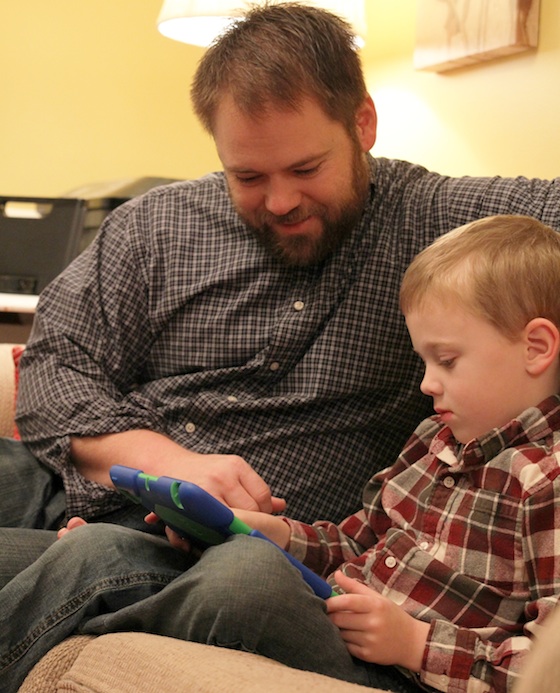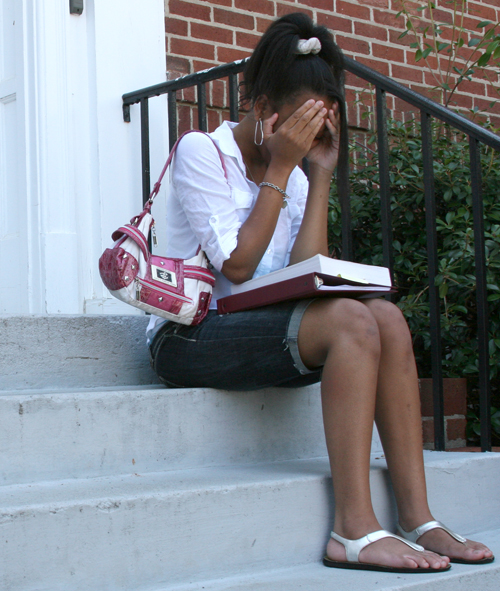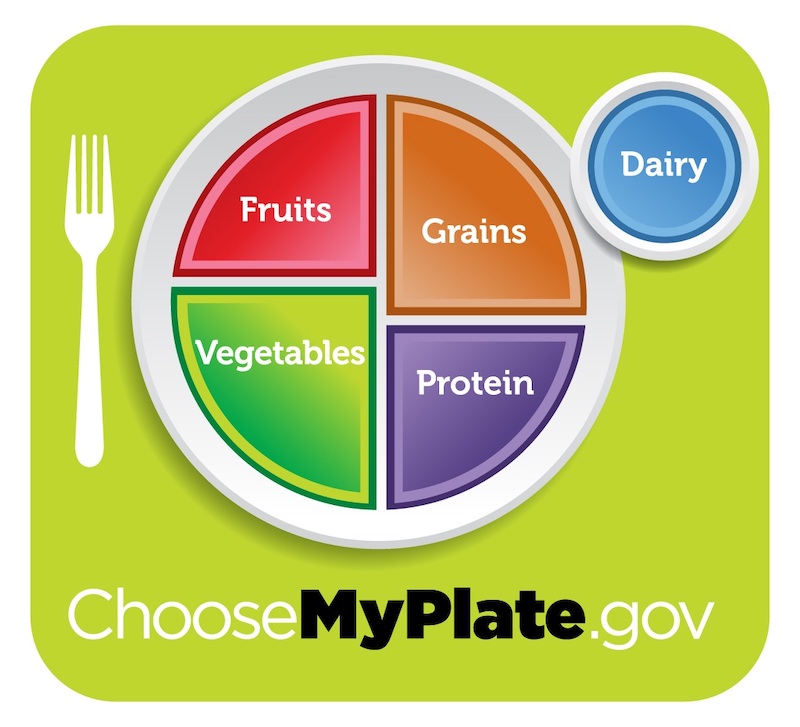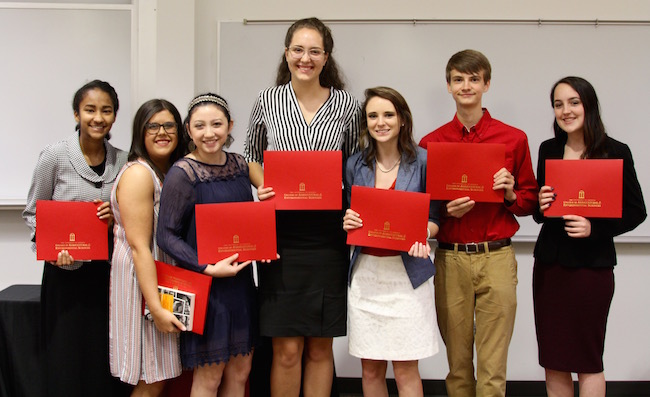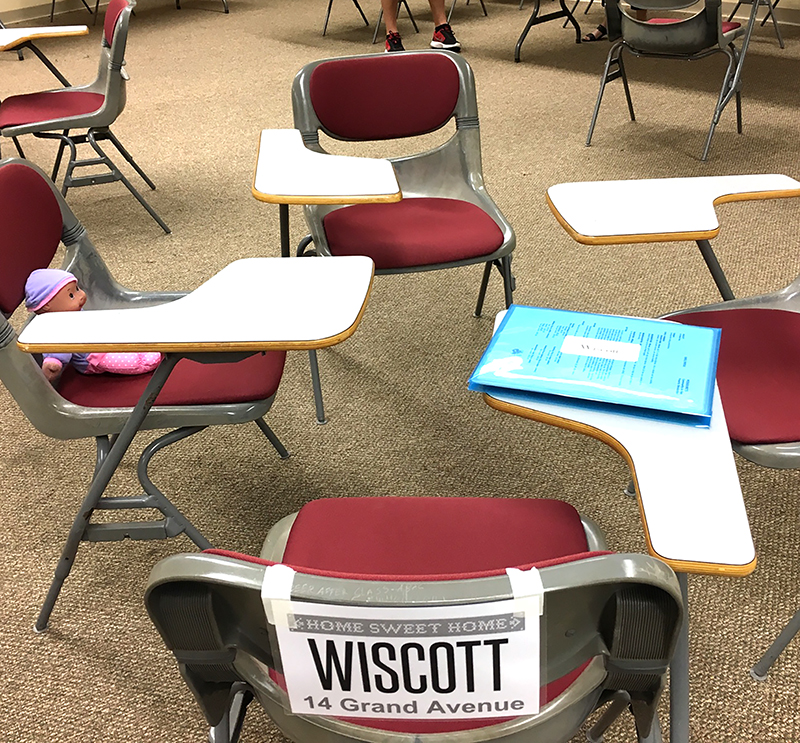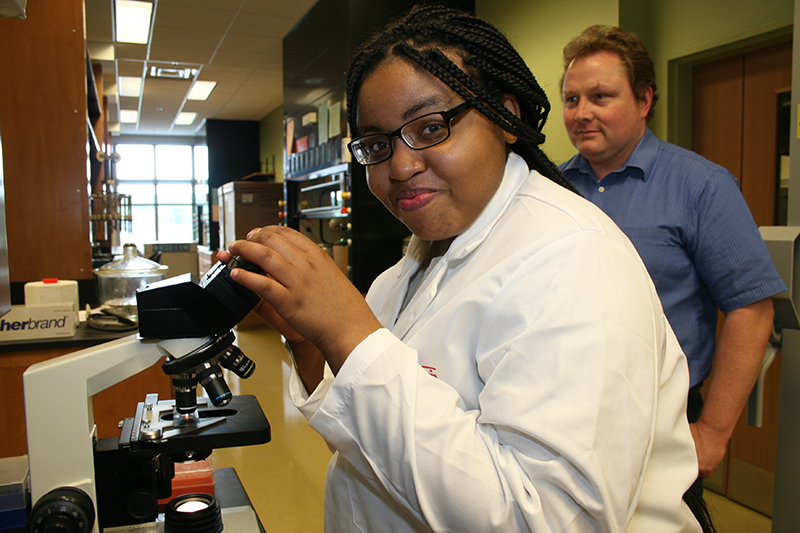 CAES News
CAES News
Summer Programs
High school students can explore the sciences through a variety of hands-on summer programs offered by the University of Georgia’s College of Agricultural and Environmental Sciences (CAES).

